Staying Hydrated. What's at Stake:Your hydration affects almost every aspect of your body's functions. Comprising a whopping 60 percent of your body weight, water helps transport oxygen, fat and glucose to your working muscles, regulates your body temperature, digests food and eliminates toxins. Besides water, certain fruits and vegetables also fulfill your fluid requirements, in addition to providing healthful nutrients such as vitamins, minerals, fiber and protein. Studies have proven that people who are consistently well-hydrated throughout their life live longer - YEARS longer - than their less water savvy counterparts. Watermelon: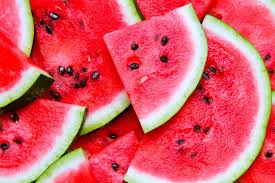 Watermelon contains about 92 percent water per volume. Researchers have found that eating a serving of watermelon after a workout may help you hydrate twice as effectively as a glass of water. This is because the water-rich fruit also packs natural sugars, amino acids, mineral salts and vitamins that are lost in exercise. Grapefruit: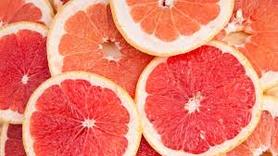 Grapefruit boasts a remarkable 91 percent water per volume, making it about as effective as watermelon in the rehydration department. A serving of this fruit has been shown to hydrate you more effectively than water or sports drinks, replenishing your body without all the artificial colors and flavors commonly found in sports drinks. Peaches: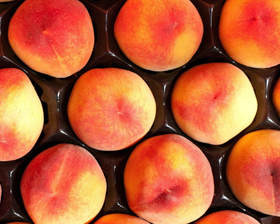 Peaches hit the scale with about 88 percent water per volume, and they have the added benefit of being exceedingly portable. It's not hard to throw a peach in with your lunch and much on it at the office. Just be sure to bring a napkin! Peaches pack many of the same benefits as watermelon and grapefruit. Their high water content makes them low in calories but high in terms of the "feeling of fullness" that they provide. Even better, peaches are chock full of vitamin C and nutrients that promote healthy skin and reduce anxiety. In fact, peaches are often known as "the fruit of calmness." TIPS: Looking for a few more water-packed options? Check out strawberries and cantaloupe! Cucumbers: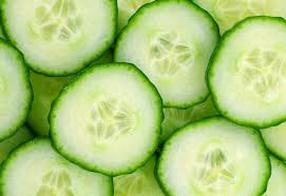 Cucumbers hold an impressive 96 percent water per volume. If you're really looking to bump up your hydration, consider putting this vegetable together with a high-water content fruit. Cucumbers and watermelon make the ultimate hydration power couple. Celery: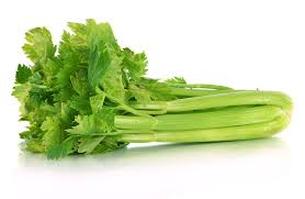 Celery is the often touted veggie when it comes to minimal calories, but it might be more appropriately known as the rehydrator. Celery is composed of roughly 95 percent water, filling you up without weighing you down. A serving of celery (bonus: you can pretty much eat as much as you want here) can get your body's water systems moving again. Not a fan of celery? You can swap this veggie out for zucchini instead. Both have equal water contents, and their own unique health benefits. Radishes: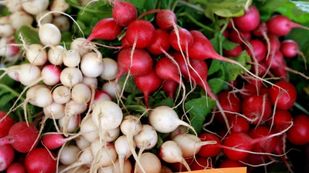 Radishes also bring an impressive 95 percent water per volume to the table. On top of that, these veggies boost the immune system, support the health of connective tissue, blood vessels, and teeth, and protect against cancer. If you're worried about the spiciness of radishes, fear not. All you need to do is place these beauties on the grill, roast them in the oven, or add them to a soup. Cooking radishes brings out the texture and the nuttiness of the vegetable. Check out our recipe from this week here! TIPS: Still not seeing something that wows? Go for lettuce, green and red cabbage, cauliflower, eggplant, peppers, spinach, or broccoli. All of these veggies are high in water and filled with good-for-you nutrients. |

